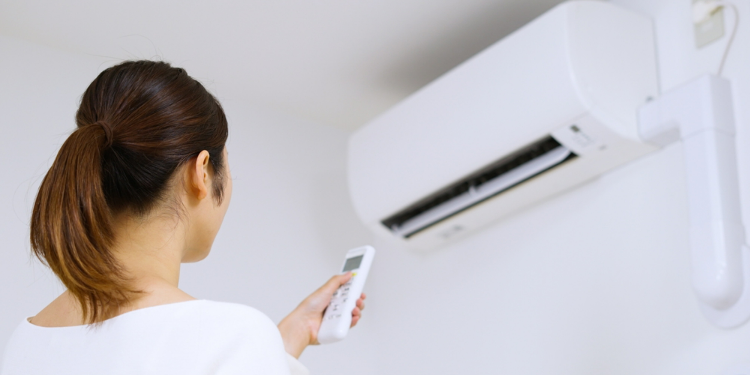
In March, the German government announced that it would be disbursing a one-off relief payment of 300 euros to help households face the rising cost of energy. This relief payment was meant to be debited in September and originally concerned everyone. But since then, things have changed. Not all people residing in Germany will be eligible for the relief payment. So who is currently eligible and under what conditions? Are expats concerned?
Who does the energy subsidy apply to?
The relief package is welcome during this economic slump. But not everyone will be able to benefit from its total amount. Following the latest adjustments, the German government plans to provide an energy subsidy (energiepreispauschale) to people who live and work in Germany. The government has hence prioritized disbursing it to workers, regardless of whether they are locals or expats. A bold choice by the Federal Ministry of Finance.
By “workers,” German authorities mean employees, self-employed people, interns, soldiers, part-time workers, civil servants, and board members. People who have a “mini job” (an odd job that's paid a maximum of 450 euros per month or which has a duration of less than 3 months) and are semi-retired are also eligible. But students and retirees, who don't earn any taxable income, are not eligible.
Conditions for the implementation of the relief program
The government wants everything to be simple, expeditious and practical. Employees will receive their energy relief payment at the same time as their salary is debited in September. Employers are therefore responsible for putting this governmental measure into practice. Small businesses are allowed to postpone this relief payment to October.
Self-employed people will be eligible for a tax reduction. Former employees who lost their jobs at the beginning of this year will also receive the relief payment. However, they will have to wait until they file their tax return for 2022.
300 euros for everyone?
The German government can't promise a grant of 300 euros for everyone. Talking about equity, they guarantee that people living under the most precarious conditions will get the total amount. This explains why the amount is subject to taxes but not social security contributions. German authorities have set up a scale according to people's level of taxable income. All people who earn less than 10,000 euros as taxable income will receive the total energy relief payment. The higher a person's income is, the lower the aid amount will be.
The direct relationship between the aid and taxable income automatically excludes all people who have no taxable income. That's the reason why students and many retirees will not be able to benefit from it. Aware of the limits of this subsidy and of the current economic situation, the German government is already discussing the possibility of another energy relief package.
Rising energy costs: a reminder of good practices
In parallel, German authorities are also calling on everyone to act responsibly. Commonsensical measures can raise a smile but aren't always abided by in practice, especially in the corporate world. Turning off the lights upon leaving a room, turning off one's computer and screens, turning off power strips, etc. These must be our new reflexes, both at work and at home. The same caution is advised when it comes to water usage at a time when multiple regions around the world are affected or threatened by droughts. Companies and public institutions are also concerned.
The government is campaigning for nights to truly be nights: light pollution must stop. Companies and institutions will have to switch off their power. Government agencies will also need to lower their temperature down to 19°C and only heat spaces which are often open (lobbies, for example). Other measures have been detailed by the government. All of the rules have been compiled into two governmental ordinances adopted in connection with the Energy Security Act. These rules will need to be applied as of September and for at least six months. The government is already announcing other measures to tackle rising energy costs. This is a blessing in disguise for environmentalists, who deem that these good practices should form part of everyone's daily lives regardless of the country's economic situation.



















